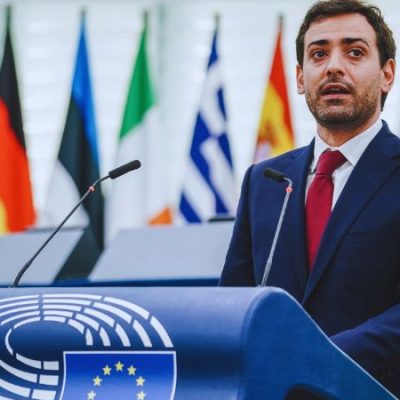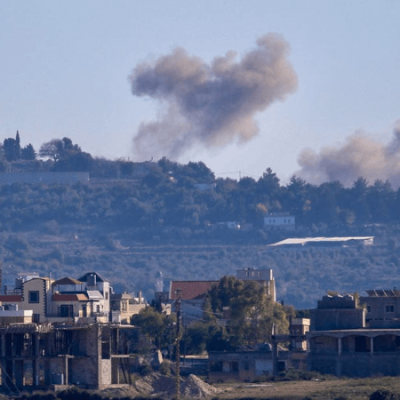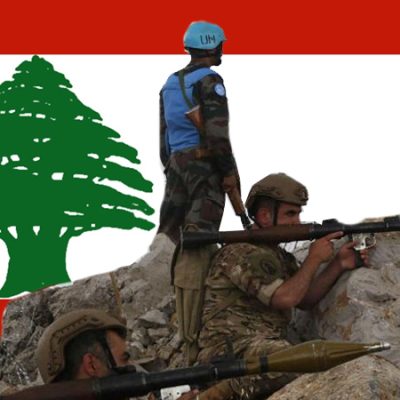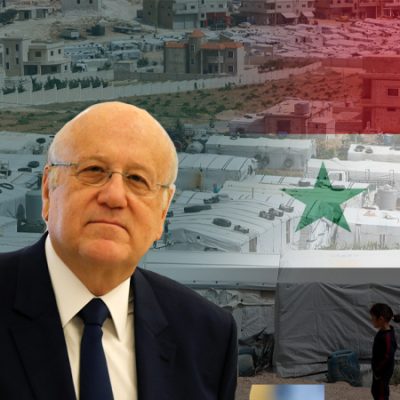Bond Beirut March 9, Lebanese public debt restructuring increasingly likely
Lebanon will exercise the 7-day grace period in relation to the $ 1.2 billion Eurobond maturing March 9, 2020. For months, the government of Beirut has been seeking ways to renegotiate the very high public debt with creditors, despite not having formally opened the negotiations yet. The extra week would allow financial advisers to come up with a restructuring plan to present to bondholders. The American investment bank Lazard and the law firm Clearly Gottlieb Steen & Hamilton LLP were hired to do this. According to al-Arabiya English, a number of financial experts have pushed for Lebanon not to default, saying that it would ruin the country’s prospects of accessing needed international investment in the future. The country’s banking association initially urged for the bond to be repaid, but they revised their stance and asked for a bond swap, rather than default.
In the previous days, Saudi Arabia had not excluded aid to Lebanon, but subordinating it to the presentation of a “viable” and credible reform plan, which would obtain the place of donor countries and the International Monetary Fund. But Hezbollah number two, Sheikh Naim Qassem, responded almost directly to Riyadh, reiterating the para-military and pro-Iranian organization’s opposition to the request for assistance to the IMF, arguing that Beirut will not be able to accept the conditions the international body generally imposes behind the payment of aid.
The new government, built on the ashes of the previous one led by Saad al-Hariri, has the support of Shiite formations close to Hezbollah, even though Premier Hassan Diab is a Sunni Muslim. The welcome between the Sunnis themselves and the Christian minority is cold. Without the IMF’s approval, the creditors will credibly not accept any debt restructuring plan, but in turn it seems difficult for the institution to endorse aid for Beirut without demanding the implementation of the painful, as necessary, rejected economic reforms from Hezbollah, in an atmosphere of unpromising geopolitical opposition. Paul Sukkar, an economist and activist, said he opposes both the IMF bailout and any bond payment, particularly of interest, which he described as “depleting our reserves to pay a debt that we’re going to restructure at the end of the day.” But he acknowledged that whatever path the government chooses will entail economic difficulties and more tough choices. “The best of both options is bad,” he said. “Now we’re at a stage of total economic collapse, so we’re dealing with bad and worse.”




